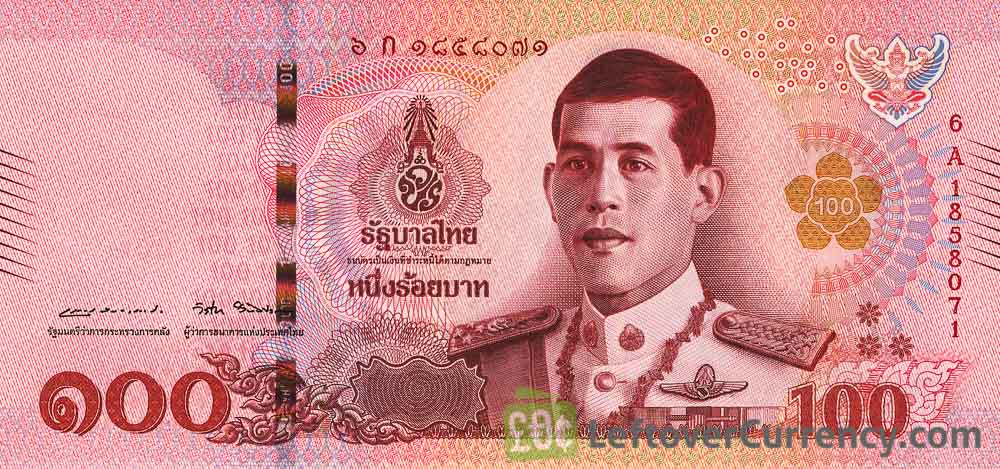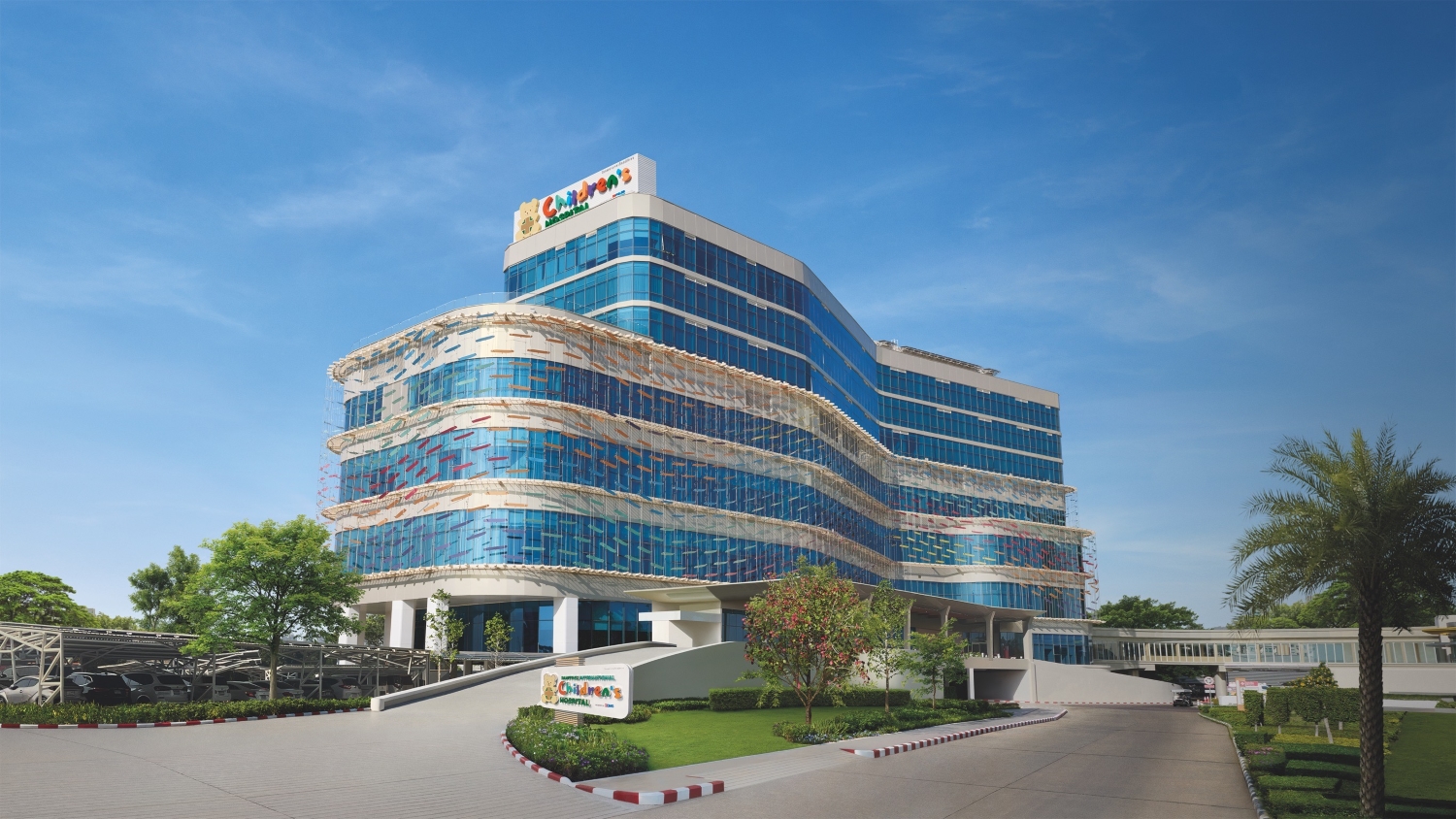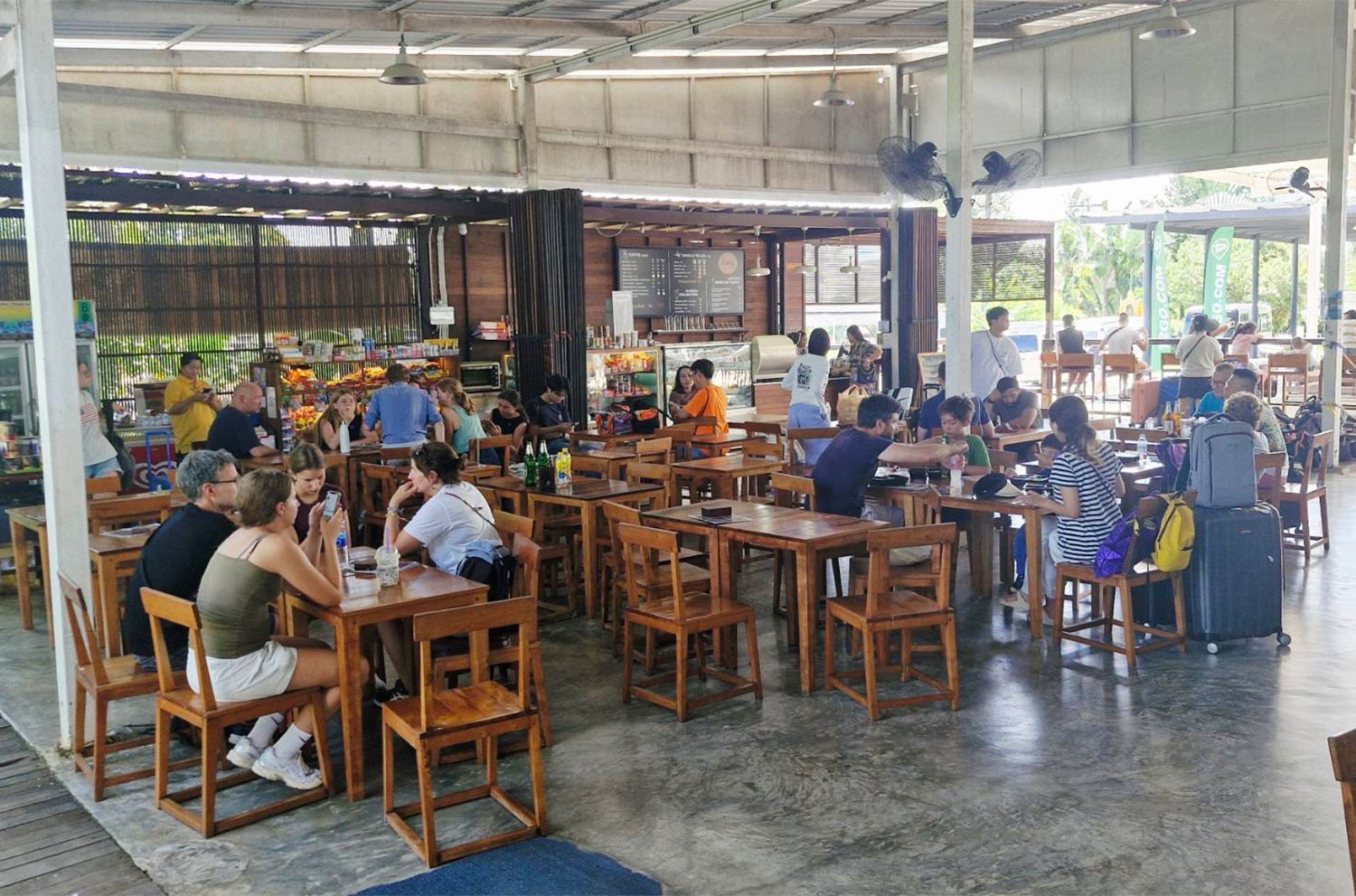Lalisa Manobal Recognized as Leading Soft Power Figure
Lalisa “Lisa” Manobal, the internationally acclaimed Thai K-pop star, has secured the top position in Thailand’s 2024 soft power poll. Conducted by the North Bangkok Poll Centre, the survey highlights influential figures and themes that contribute to Thailand’s cultural impact on the global stage.
Poll Results and Rankings
The poll, which surveyed 1,500 participants between December 24 and 28, revealed that 25.4% of respondents voted for Lisa as the most influential soft power figure of the year. Following her are:
- Moo Deng, the celebrity pygmy hippo from Khao Kieow Zoo, with 15.2% of the votes.
- Butter Bear, the mascot of a bakery shop, with 12.7%.
- Danupa “Milli” Kanatheerakul, a popular singer, at 10.3%.
- Buakhao Bunchamek, a renowned Muay Thai boxer, with 8.5%.
These results underscore the diverse range of personalities that resonate with the Thai public and contribute to the country’s soft power narrative.
Lisa’s Influence on Thailand’s Cultural Landscape
Spotlight on “Rockstar” Music Video
Lisa’s influence has been amplified through her recent projects, particularly her music video for “Rockstar,” which was filmed in Yaowarat, Bangkok’s vibrant Chinatown. The video not only showcases her talent but also highlights Thailand’s rich culture and culinary scene, further enhancing her status as a cultural ambassador.
The Role of Soft Power in Thailand
The concept of soft power refers to a country’s ability to influence others through attraction rather than coercion. Thailand has increasingly recognized the importance of soft power in promoting its culture and boosting its economy. The government has initiated various strategies to leverage cultural icons like Lisa to enhance its global image.
Celebrating Thailand’s Cultural Festivals
Popular Festivals Contributing to Soft Power
In addition to influential figures, the poll also assessed Thailand’s most impactful festivals for soft power promotion. The results indicated that:
- Songkran was viewed as the most influential festival (30.5%).
- Loy Krathong followed with 18.3%.
- New Year’s Day garnered 14%, while other events such as the Wai Khru Muay Thai ceremony (9.5%) and long-tail boat races (7.7%) also received recognition.
These festivals play a crucial role in showcasing Thai traditions and attracting international tourists.
Key Themes in Soft Power Promotion
Successful Themes Identified by Participants
When asked about successful soft power themes, participants highlighted several areas:
- Tourism, Festivals, and Culture (24.7%)
- Thai Fashion and Clothes (20.3%)
- Thai Food (15.2%)
- Sports such as Muay Thai (15.2%)
- Traditional Thai Medicine and Massage (10.1%)
These themes reflect Thailand’s diverse cultural offerings that contribute to its soft power strategy.
The Future of Thailand’s Soft Power
Lisa’s recognition as a leading figure in Thailand’s soft power landscape exemplifies the country’s commitment to promoting its culture on a global scale. As Thailand continues to leverage its rich traditions and vibrant personalities, it is poised to enhance its influence and attract more international attention. The ongoing efforts to celebrate cultural icons and festivals will play a vital role in shaping Thailand’s identity in the years to come.









